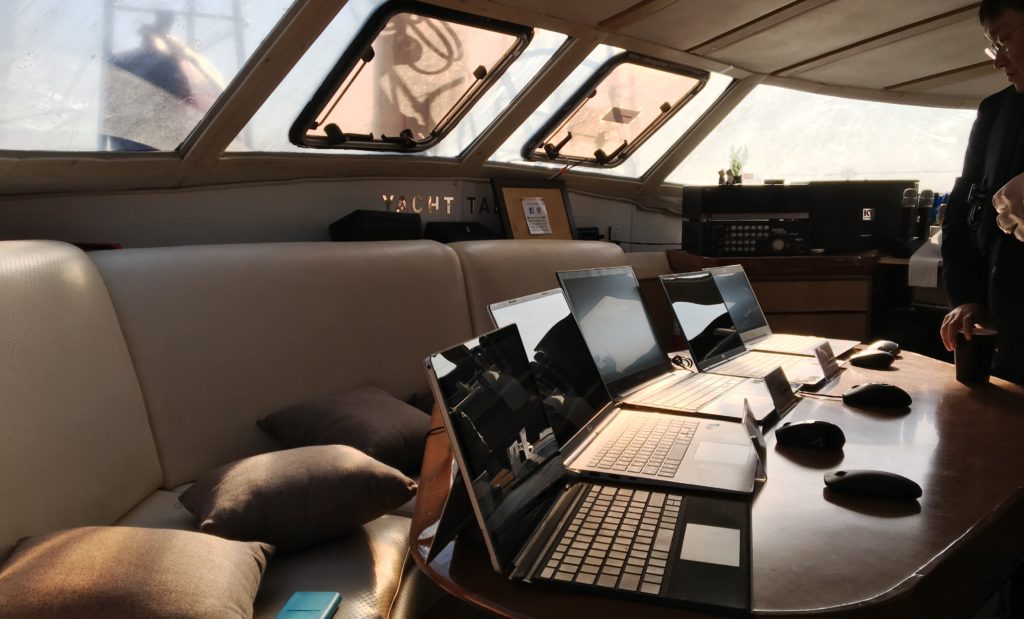All aspects of MCP tested in South Korea
Maritime Connectivity Platform (MCP) has been successfully tested at sea trials in the South Korean port of Busan. The partnership between two European projects and one Korean project thus continues to provide results.

In order to achieve a more connected maritime world, the European projects EfficienSea2 and STM Validation joined forces with the Korean SMART Navigation Project to develop MCP, formerly known as the Maritime Cloud.
The first full sea trials have now been concluded of the platform designed to connect maritime stakeholders with relevant maritime services.
The test consisted of a simulation of how MCP could assist a non-Korean ship find its way when docking in Busan. Potentially, a ship that has no local knowledge of Busan should still be able to identify itself, get access to cheap digital communication and choose from a couple of test services provided by South Korea and found using MCP’s Maritime Service Registry.
According to Thomas Christensen, Work Package Leader in EfficienSea2 and Senior Advisor at the Danish Maritime Authority, the test went according to plan:
“It functioned exactly the way we wanted it, which is never certain in live tests. Our simulation included a ship registered as Danish and the communication from shore to ship was done digitally exploiting different aspects of MCP,” he explains.
Most complete trials of MCP
MCP is divided into three main parts; an Identity Register, a Service Register and a Messaging Service. The two former parts are being developed and tested in Europe, while South Korea is working on the Messaging Service, which will make it easier for ships to receive data independently from the data connection at any given time.
Previously, individual aspects of MCP have been tested on board ships in European waters, but as the Messaging Service is newly developed, the test in Korea marked the first time all three aspects were tested at the same time:
“The individual components of MCP have a value in themselves and could easily prove beneficial standing alone. The value is multiplied many times, however, if those components are combined into one platform, and the Korean sea trials proved that we are well on the way to finishing such a platform,” Thomas Christensen says.
The tests also marked the first time MCP exploited the so-called LTE-M – wide reaching 4G – which the South Korean Authorities will provide along the shores of South Korea in the future.
You can read more the solutions developed in EfficienSea2 on the project’s website.
